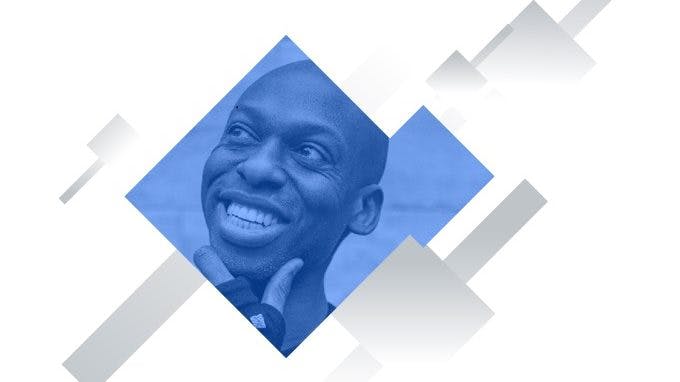“I don’t know what weapons they’ll use to fight World War III, but World War IV will be fought with sticks and stones.”
Einstein made this prediction during a very specific period of paranoia brought by the ever-present threat of The Bomb. But he was right not to identify the weaponry used to fight the next world war because, as it turns out, the next global conflict would not be military but economic.
This conflict isn’t theoretical; in fact, it has been bubbling under for decades. And if that sounds like catastrophising for clicks, let me point out that war is more than bombs, bullets and body counts: it is the use of force (including economic pressure) to compel our opponents to bend to our will. The war that’s been fought for some decades now is the political and economic manoeuvrings to promote — and, in the dollar’s case, maintain — a fiat currency’s position as an international reserve currency.
The benefits of being a reserve currency are legion. When the world holds its reserves in dollars, the United States enjoys “exorbitant privilege”: because it purchases imports using the dollar, it never has to face a balance of payments crisis. Being an international reserve currency is a self-reinforcing, virtuous circle. As the economist Barry Eichengreen pointed out, whereas the US can create $100 with one stamp of the printing press, other nations have to create $100 of goods or value to earn the same amount. No wonder the Yuan and the Euro are so keen to replace the “almighty” dollar.
The character of this conflict is changing, though, as fiat currencies cede ground to digital money like Bitcoin. With the likes of Morgan Stanley predicting that Bitcoin is well on its way to becoming a global international reserve currency, we face a new scenario where Bitcoin is both the battlefield and the weaponry of this new war.
Here’s how it could play out: if any one actor manages to acquire over 50% of the Bitcoin network’s hash rate, it could prevent new transactions from gaining confirmations, enabling them to prevent whichever transactions they liked. They could even reverse subsequent transactions, so they could “double-spend” individual coins.
Just as nuclear bombs unleash an intense burst of heat and radiation, the next world war will be fought with “energy weapons”. The difference is, this time the energy expended will be directed towards mining Bitcoin to gain control over the whole network.
Satoshi Nakamoto’s Bitcoin Whitepaper considered this situation to be impossible, since no single actor could ever acquire such a large proportion of the hashrate. But even as Bitcoin’s price rises to ever-more dizzying heights, many have noted that attaining 51% of its total network hashing power still appears to be within the reach of a rich and powerful nation like China or the US.
If that sounds alarming, let me say straight out that we won’t ever see a “ThermoCurrency War”, and for exactly the same reasons as the Baby Boomers and Generation X weren’t wiped out in a nuclear holocaust.
If any single entity gained control of the Bitcoin network, they would gain such enormous privilege — directly or indirectly — that it’s in every other actor’s interest to prevent that from happening. To prevent the “nuclear option” of one party holding complete control, we will see national and supranational actors defending Bitcoin’s central ethos of decentralisation ─ by ramping up their own mining capabilities ─ preserving a balance of power.
[blockquote text=”Instead of Mutually Assured Destruction, the biggest deterrent to a hostile economic takeover will be Mutually Assured Consumption: not an arms race but a deadlocked competition to mine more orange gold than the enemy.” text_color=”” width=”” line_height=”undefined” background_color=”” border_color=”” show_quote_icon=”yes” quote_icon_color=”#00457d”]
While I grew up in the shadow of the Cold War, the biggest story of my childhood wasn’t Armageddon, but rather its prevention. Rational actors stepped back from the precipice because they knew that there was no winner from unleashing hell. It’ll be the same with Bitcoin. One day soon, we’ll see nations and central banks investing in Bitcoin and the Bitcoin Network: to protect what is destined to be the first truly independent world reserve asset.
